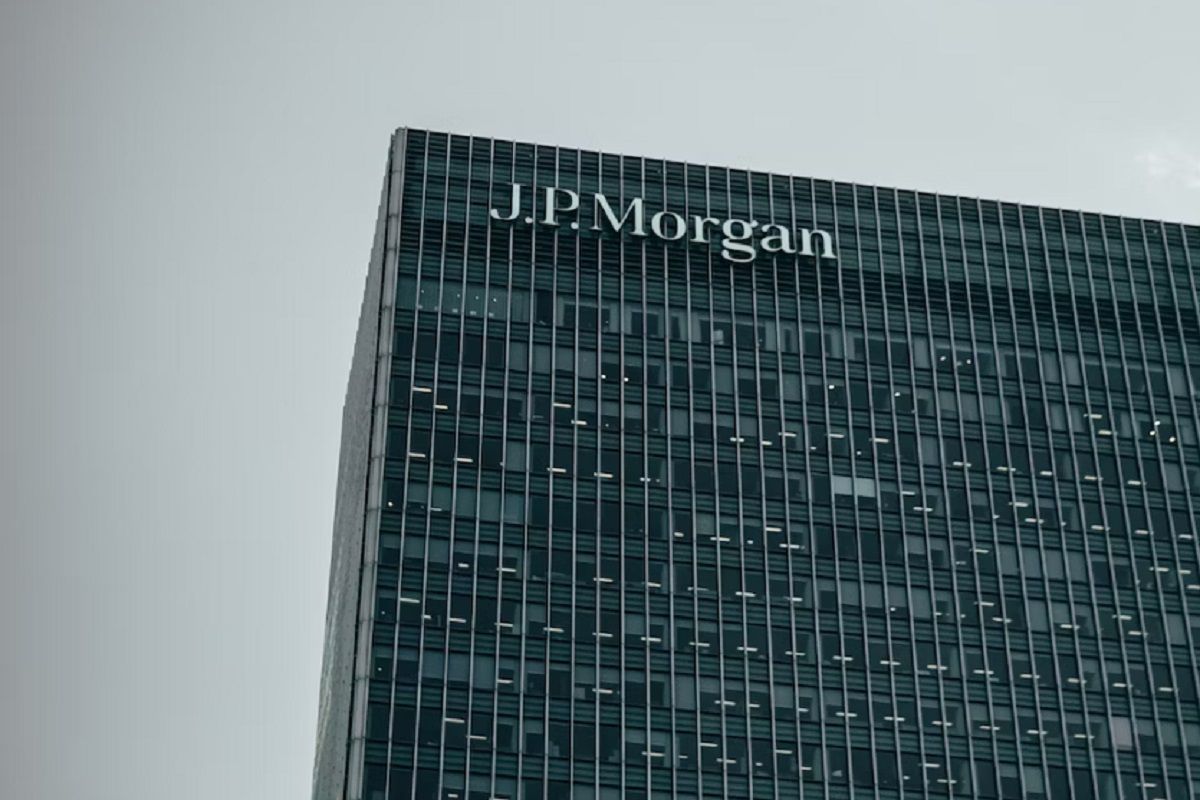JPMorgan has made changes to the forecast for high-yield corporate default in global emerging markets, increasing the level of probability of this scenario.

This change in the forecast is primarily due to concerns about the further development of the situation in the Chinese real estate sector against the background of the risk of default of Country Garden, a local development company.
Also, the giant of the American banking sector raised its global forecast for the default of corporations with high yields in emerging markets for 2023 to 9.7% from 6%. The lender raised its forecast for the default rate on high-yield bonds in Asia to 10% from 4.1%. If do not take into account the Chinese real estate sector, this indicator will be equal to only 1%.
The financial institution predicts that Chinese real estate will account for almost 40% of all defaults this year. The change in the bank’s assessment of the probability of a situation of inability to make payments on debts is evidence that the possible problems of Country Garden will have a ripple effect in the context of the degree of influence on the real estate sector. Also, a potential default will be a factor affecting the Chinese economy as a whole.
Country Garden has a much larger portfolio of developments compared to China Evergrande Group, a Chinese investment holding company, the largest residential real estate operator, which in December 2021 defaulted on its debt and launched a restructuring process.
The Chinese real estate sector has been in decline since 2020. The deterioration of the situation in this industry occurred after Beijing took measures to reduce the size of developers’ debts on the mainland. The fantastic expansion of the scale of construction has led to the fact that something like ghost towns have appeared in China. In this case, a situation is implied when the area of the built property significantly exceeds the level of demand for it. Developers in the era of rapid growth sought to make a profit by acting in the field of meeting the need for home ownership and investing in this industry.
In 2020, Beijing implemented the political concept of the so-called three red lines. This kind of regulatory framework provides that developers should limit their debt depending on indicators such as the amount of cash flow, the size of assets, and the level of capital. The measures taken by the Chinese authorities have become a factor of negative influence on the development of the economic system. In this case, the sensitivity of solutions is due to the fact that in the structure of the world’s second-largest economy, about 30% of all activity falls on the real estate sector.
In July, for the first time since the beginning of this year, the cost of new housing in China decreased by 0.1% compared to 2022. This was reported by the media with reference to the data of the National Bureau of Statistics.
Country Garden, which has made its way from the largest developer in China to a company on the verge of default, can make coupon payments before the beginning of September, which were missed in early August. Last week, the developer suspended trading in 11 domestic bonds and announced the expectation of losses of up to 55 billion yuan (7.5 billion dollars) in the first half of 2023.
JPMorgan reported that a Country Garden default could add $9.9 billion to the total volume of high-yield corporate defaults in emerging markets. In this case, the total volume of defaults in the Chinese real estate sector will amount to $17 billion. The banking giant also predicts that under this scenario, the default among China’s small developers will reach $8 billion.
According to JPMorgan, the default on China property’s bond loans has exceeded $100 billion over the past two and a half years. The best tools and resources for international market analysis can be found on HALO trading.
As we have reported earlier, JPMorgan Fund Bets Asia Chip Stocks.









